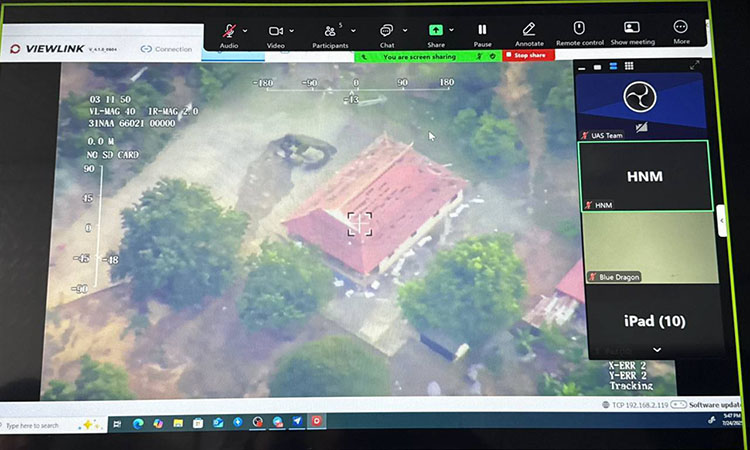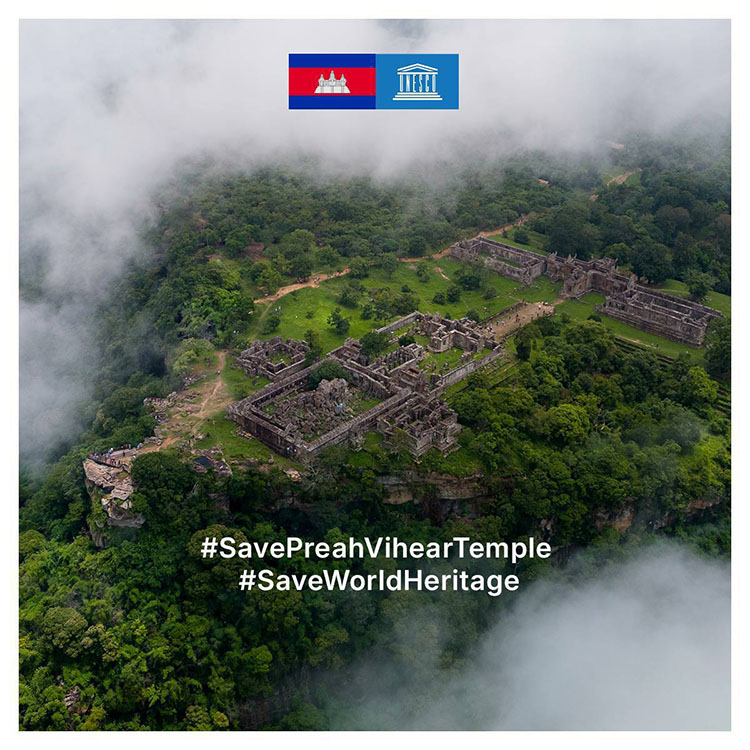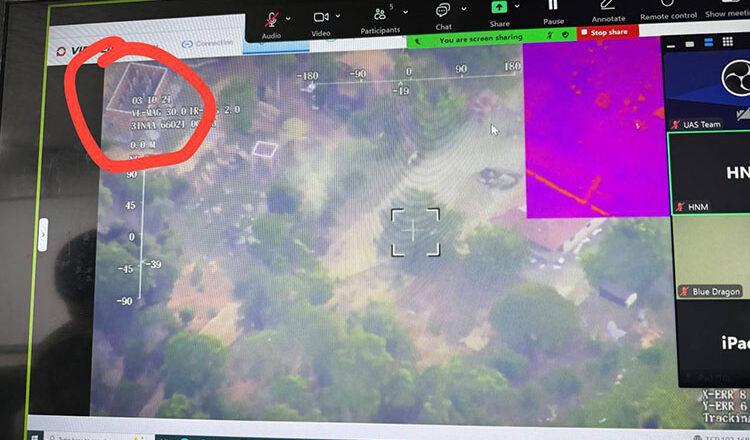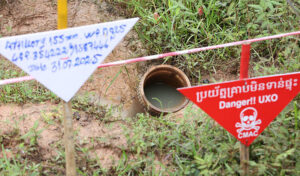Opinion: Thailand Accused of Grave Violations at World Heritage Site and Civilian Facilities
Khmer Times | On July 24, 2025, the world witnessed an alarming act of aggression by the Kingdom of Thailand — an unprovoked military assault that violated international law, endangered civilians, and damaged global cultural heritage.
Among the most egregious offenses was the reported targeting of the Preah Vihear Temple, a UNESCO World Heritage Site located on Cambodian territory. This historic and sacred monument, protected under the 1954 Hague Convention for the Protection of Cultural Property in the Event of Armed Conflict, suffered structural damage as a result of Thai military actions. Attacks on cultural heritage are not only a violation of Cambodia’s sovereignty — they are an assault on humanity’s shared legacy.
Equally disturbing was the destruction of essential civilian infrastructure, including a local pagoda and a community health centre, both situated far from any legitimate military target. Such attacks constitute clear violations of the Geneva Conventions, which strictly prohibit the targeting of civilian objects and non-combatants during armed conflict.
In response, the Ministry of Culture and Fine Arts of the Kingdom of Cambodia issued a strong statement condemning these actions, declaring: “The Ministry expresses its strongest condemnation of the military aggression perpetrated by the armed forces of the Kingdom of Thailand on 24 July 2025, which has gravely impacted the integrity and sanctity of the Temple of Ta Moan Thom, Ta Krabei and particularly the Temple of Preah Vihear — all of which are protected under international cultural heritage laws. This is a blatant violation of the 1954 Hague Convention and the World Heritage Convention, and an unacceptable assault on the cultural identity of the Cambodian people and humanity at large.”
This pattern of aggression raises serious questions about the legality and motivations behind Thailand’s actions — particularly as evidence suggests the use of U.S.-made F-16 fighter jets in these unlawful operations. According to standard U.S. end-use restrictions, these aircraft may not be used in aggressive actions against other countries without explicit American approval. Violation of these terms could — and should — lead to consequences, including the suspension of U.S. parts, maintenance, and further arms sales to Thailand.
The Cambodian people, international observers, and global institutions must not remain silent. Cambodia has exercised restraint and continues to seek a peaceful resolution — but it will not stand idle in the face of naked aggression and cultural destruction.
We call on the United States to investigate Thailand’s use of F-16s in this unprovoked assault and enforce its own arms control policies. We urge UNESCO to launch an immediate fact-finding mission to document the damage to Preah Vihear and demand accountability for violations of the World Heritage Convention. And we appeal to the international community to condemn Thailand’s actions and stand with Cambodia in defense of international law, human dignity, and cultural preservation.
The memory of Preah Vihear, our sacred temples, and the lives of innocent civilians demand nothing less.
Roth Santepheap is a geopolitical analyst based in Phnom Penh. The views expressed are his own.









